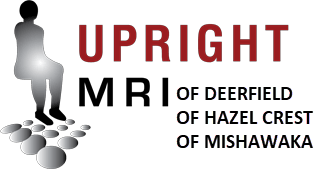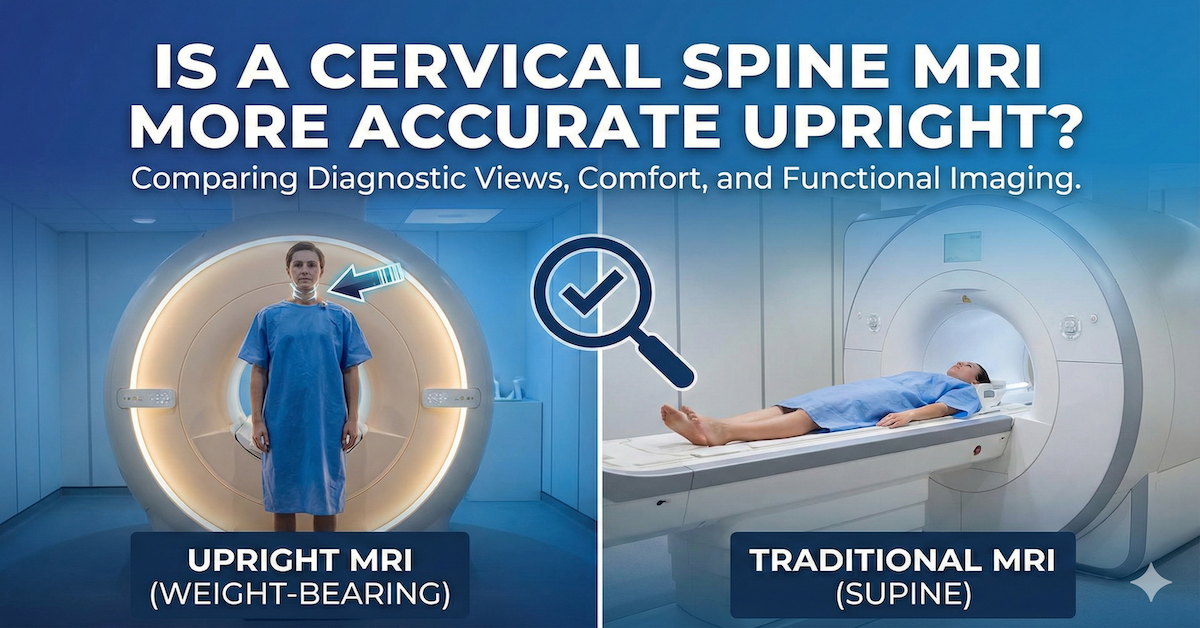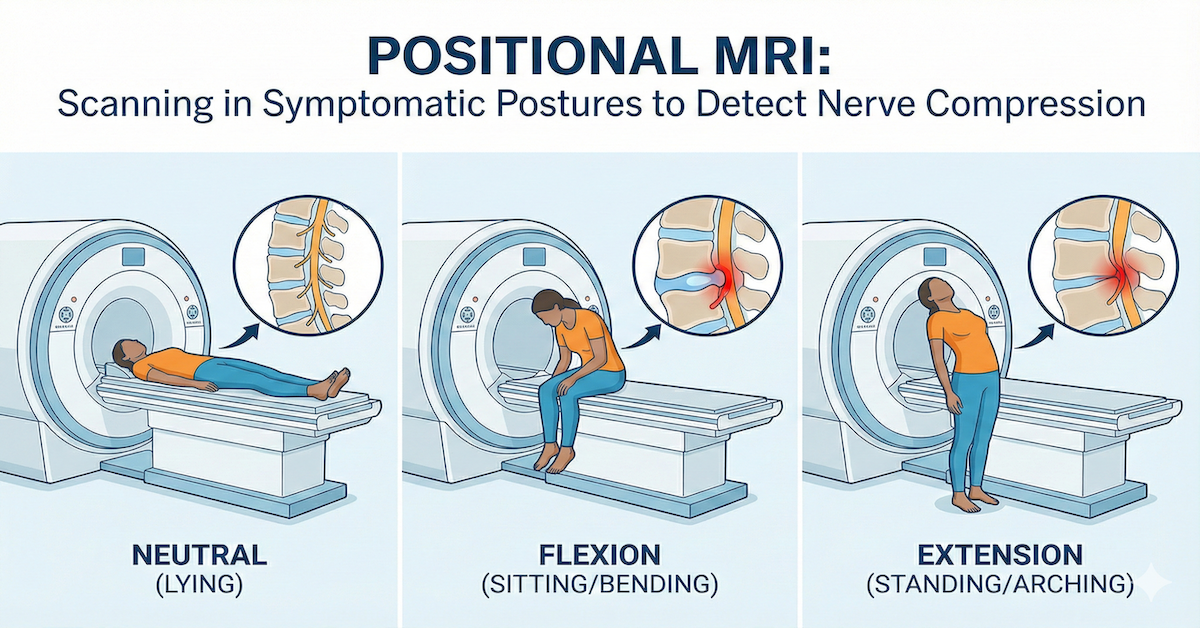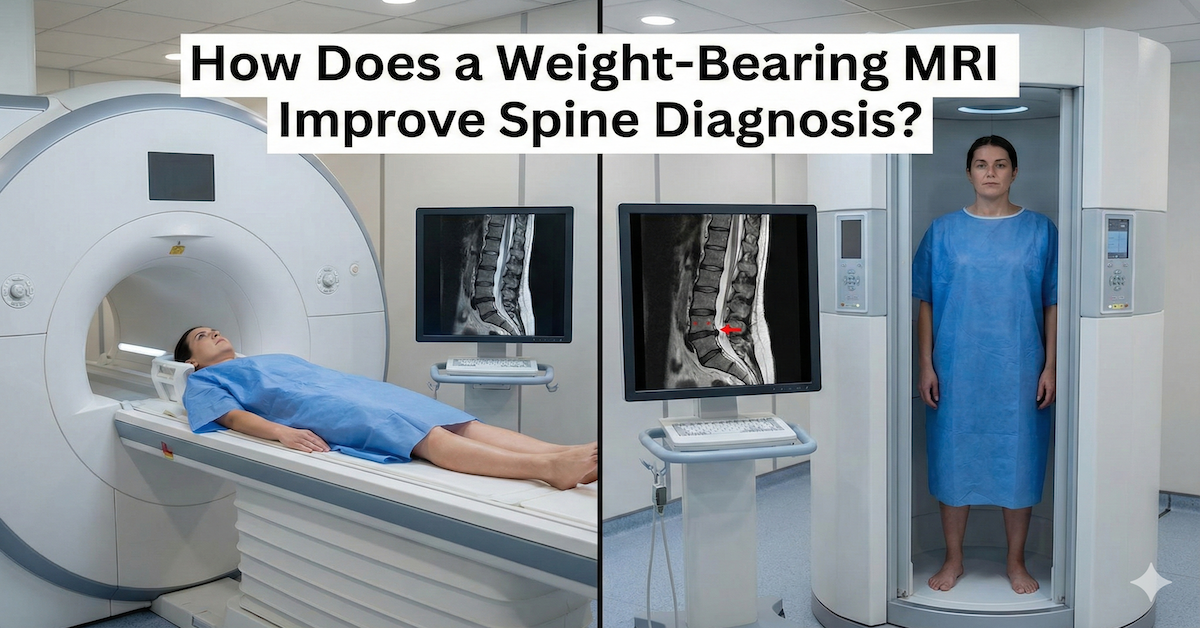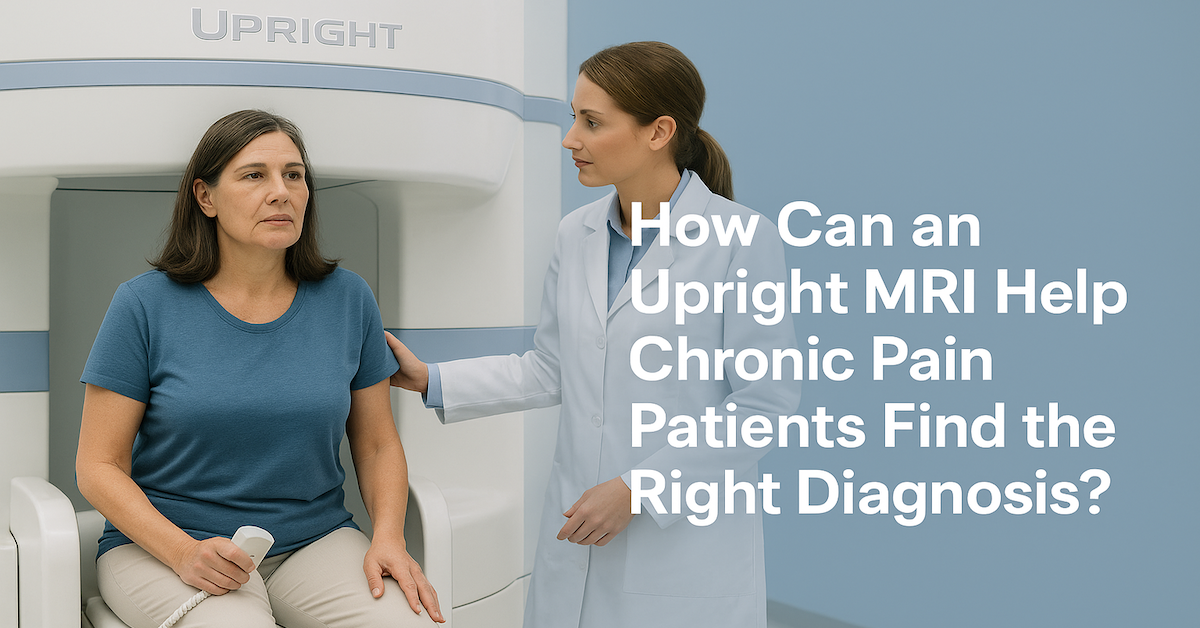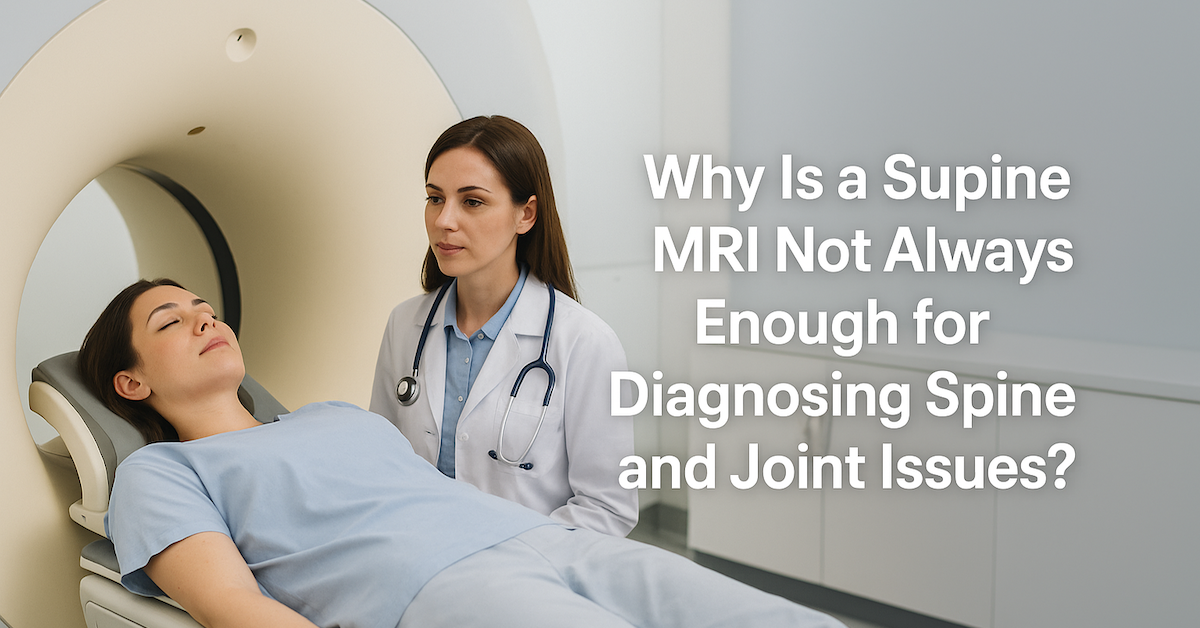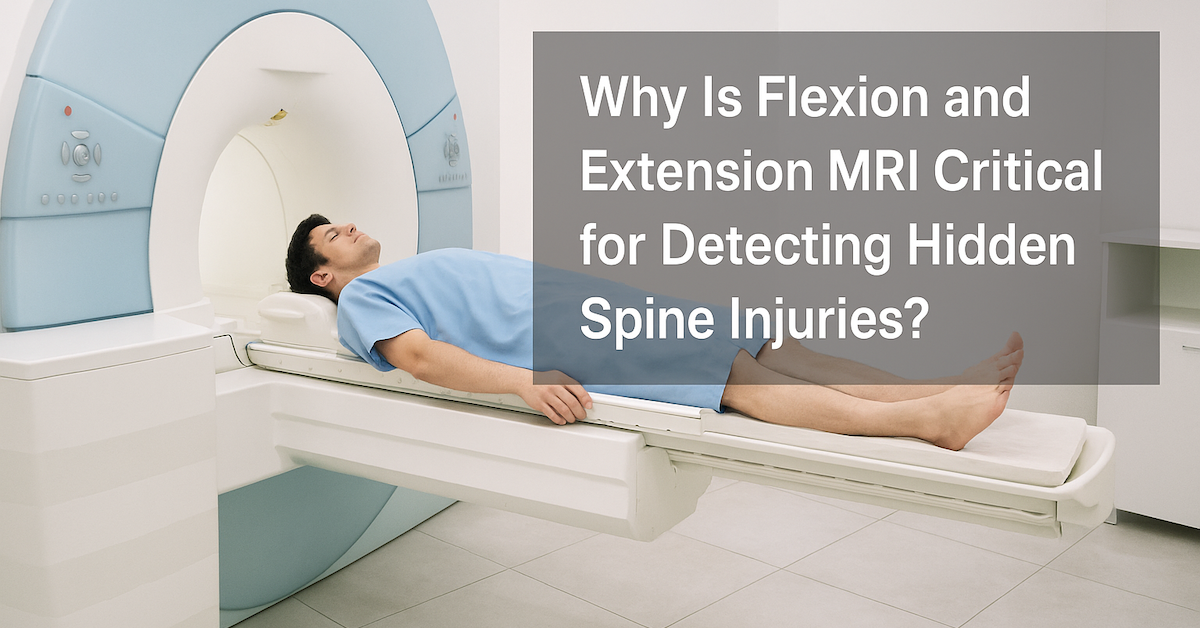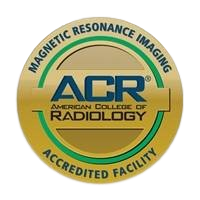What is a Stroke and How Can MRIs Help With Detection and Recovery?

Strokes can happen unexpectedly and have the potential to leave permanent brain damage. Getting regular brain magnetic resonance imaging (MRI scans) following a stroke can help physicians track the progress of your recovery.
What is a stroke?
A stroke occurs when there is a blood flow interruption from a blood vessel to the brain, causing the brain cells to die and may cause permanent brain damage or death.
Strokes are the third leading cause of death in the United States, and most happen unexpectedly. If you or anyone you know experience symptoms, it’s critical to get medical care as soon as possible.
There are 2 types:
Ischemic stroke: This is the most common type, and it occurs when a blood vessel is blocked from the brain due to narrowed arteries or a blood clot.
Hemorrhagic stroke: This type occurs when a blood vessel in the brain bursts and leaks, causing bleeding into the brain.
Symptoms of a stroke
Strokes most commonly occur unexpectedly and suddenly, but there are definite warning signs associated with someone about to experience one. If you or someone you know experiences the below symptoms, it’s critical to get medical help immediately.
- Numbness or weakness in the face, arms or legs
- Trouble speaking
- Trouble seeing
- Dizziness
- Trouble standing, loss of balance
The role of MRI in strokes
MRIs differ from other imaging scans in that they can detect specific differences between tissues that are less clear with an x-ray or CT scans.
More specifically, at Upright MRI of Deerfield, we use the Open Upright Multi-Position MRI, which is not only considered the world’s most patient-friendly MRI scanner, but also can produce very detailed images because of its ability to position patients in any position – sitting, standing, laying down or bending.
The first step following a stroke is figuring out what type it is, which is determined by getting a brain MRI and examining the damaged brain tissue. After analyzing the tissue and discussing the patient’s treatment and recovery process, the MRI is a valuable tool to track the patient’s recovery improvement over time.
How MRI can monitor recovery from stroke
The traditional process for monitoring recovery over time is with an fMRI (functional MRI) which measures the changes in blood flow that occur with brain activity. It’s also used to figure out how different parts of the brain are handling speech and mobility.
As technology advances, the MRI has proved itself to be an essential tool in stroke research and recovery, especially now with innovative scanners such as the Open Upright Multi-Position MRI machine.
To learn more about Upright MRI of Deerfield,
visit our website.

SHARE THIS POST:
Leave a Comment:
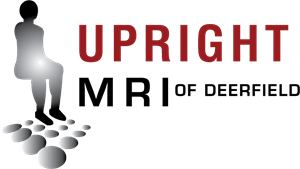
The World's Most Patient-Friendly MRI. A comfortable, stress-free, and completely reliable MRI scan. We offer patients an open, upright, standup MRI experience that helps those who are claustrophobic and stress being in a confined area. Upright MRI of Deerfield is recognized as the world leader in open MRI innovation,
Our Recent Post
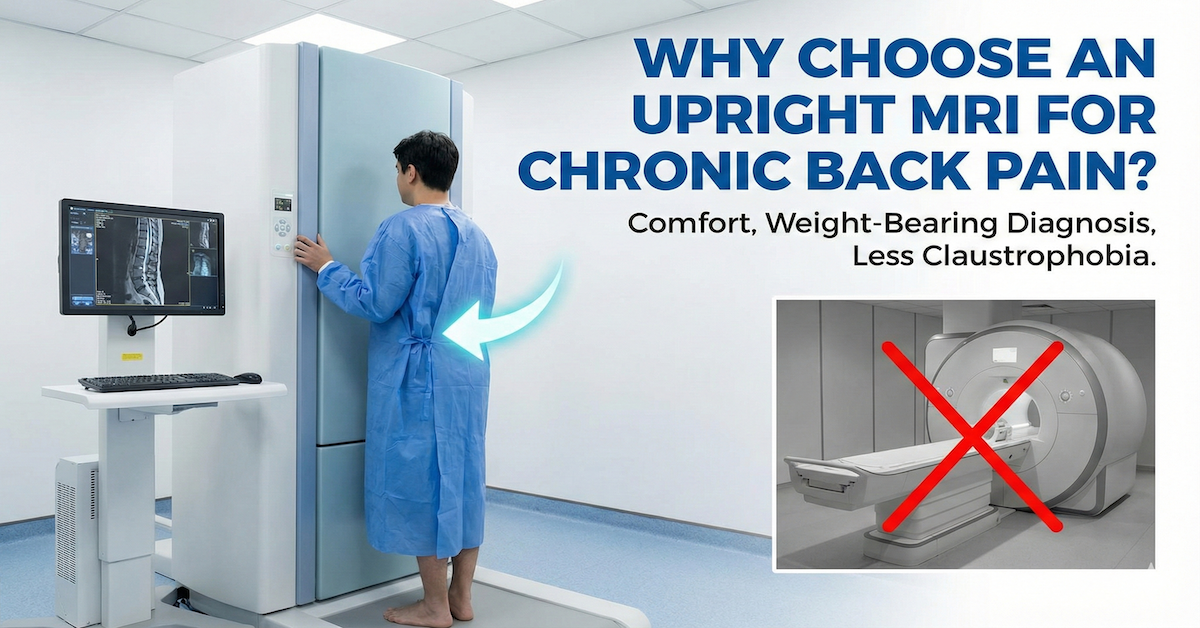
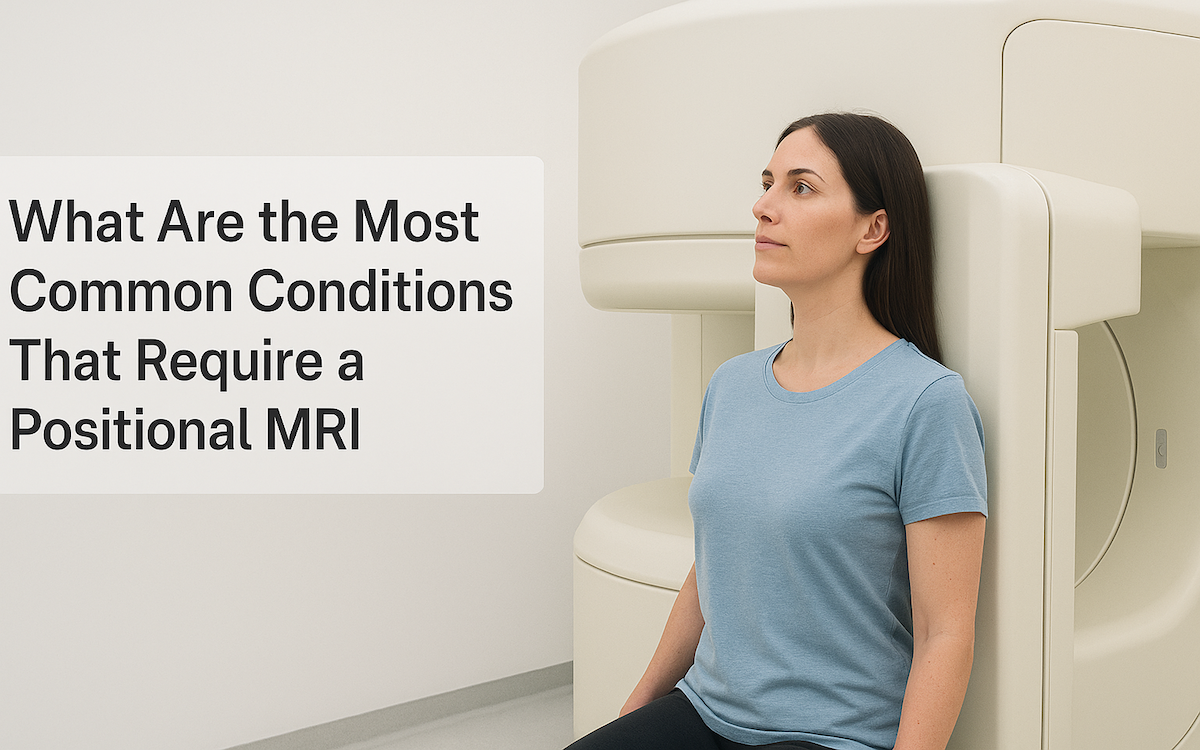
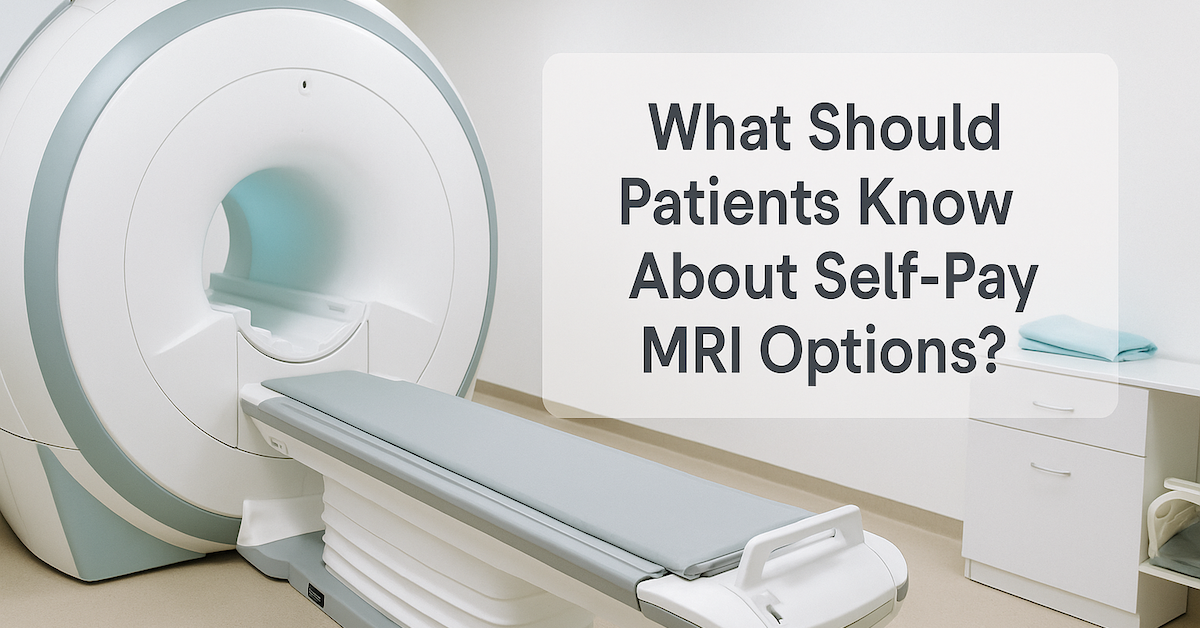
READ PATIENT TESTIMONIALS
Upright MRI of Deerfield.
Susan D.,
Highland Park, 39
I am going to tell everyone about your office! This was a great experience after I panicked in other MRI machines and had to leave. Thank you so much.

Judith B.,
Milwaukee, 61
I suffer from vertigo and other MRIs do not work. This was wonderful…absolutely NO discomfort at all. The MRI was so fast…I wanted to stay and watch the movie! Mumtaz was great. His humor really put me at ease. I’ve already recommended Upright MRI to friends.

Delores P.,
Glencoe, 55
Everything is so nice and professional with your place. I have been there a couple of times. My husband and I would not go anywhere else.

